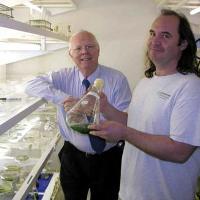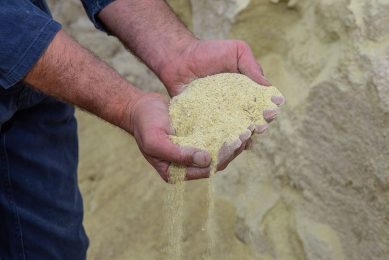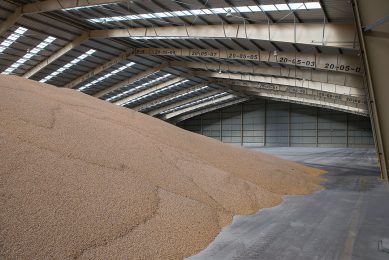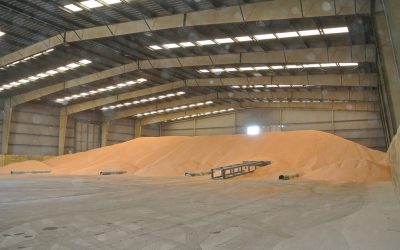New source for biofuels discovered

A newly created microbe produces cellulose that can be turned into ethanol and other biofuels, report scientists from The University of Texas at Austin who say the microbe could provide a significant portion of the nation’s transportation fuel if production can be scaled up.
Professor R. Malcolm Brown Jr. and Dr. David Nobles Jr. secrete glucose and
sucrose. These simple sugars are the major sources used to produce ethanol.
“The cyanobacterium is potentially a very inexpensive source for sugars
to use for ethanol and designer fuels,” says Nobles, a research associate in the
Section of Microbiology and Molecular Genetics.
Decreased pressure on
rainforest
Brown and Nobles say their cyanobacteria can be grown in
production facilities on non-agricultural lands using salty water unsuitable for
human consumption or crops.
Brown sees a major benefit in using
cyanobacteria to produce ethanol is a reduction in the amount of arable land
turned over to fuel production and decreased pressure on forests.
“The
pressure is on all these corn farmers to produce corn for non-food sources,”
says Brown, the Johnson & Johnson Centennial Chair in Plant Cell Biology.
“That same demand, for sucrose, is now being put on Brazil to open up more of
the Amazon rainforest to produce more sugarcane for our growing energy needs. We
don’t want to do that. You’ll never get the forests back.”
Lot of work
ahead
Brown and Nobles calculate that the approximate area needed to
produce ethanol with corn to fuel all U.S. transportation needs is around
820,000 square miles, an area almost the size of the entire Midwest. They
hypothesize they could produce an equal amount of ethanol using an area half
that size with the cyanobacteria based on current levels of productivity in the
lab, but they caution that there is a lot of work ahead before cyanobacteria can
provide such fuel in the field.
Related folder:
Dossier AllAbout Bio Energy
Related website:
University of Texas
Join 26,000+ subscribers
Subscribe to our newsletter to stay updated about all the need-to-know content in the feed sector, three times a week. Beheer
Beheer









 WP Admin
WP Admin  Bewerk bericht
Bewerk bericht